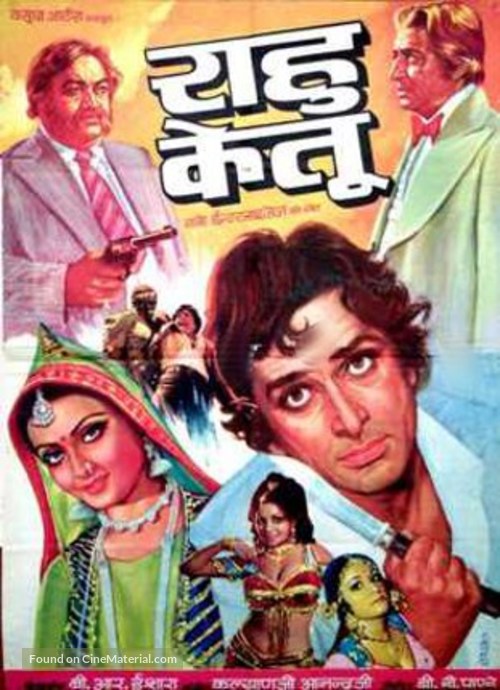Updating this post as Qalandar’s piece has now been published on the Outlook site

LINK
Gangs of Wasseypur opens with two of my pet peeves: a voiceover, and an explanation of where we are and how we got there (it’s cinema, people, show me, don’t tell me!). But – and I’m not sure how he does this – director Anurag Kashyap uses these clunky props to pull off some of his best filmmaking yet, in a fantastic hour that situates us in Dhanbad, in Bihar’s (now Jharkhand’s) coal belt, the casual and systematic brutality of its mining industry, and the complicity of the state (both pre- and post-colonial) in all manner of oppression. Marking incident, place and time is Piyush Mishra’s gravelly voice, informing us that our special Purgatory is Wasseypur in the 1940s, south of Dhanbad, a Muslim-village locked in permanent struggle between the Qureshis (butchers by trade) and every other kind of Muslim. Continue reading

 Oppenheimer / 2023
Oppenheimer / 2023
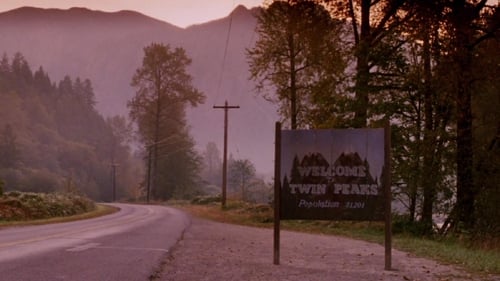 Twin Peaks / 1990-91
Twin Peaks / 1990-91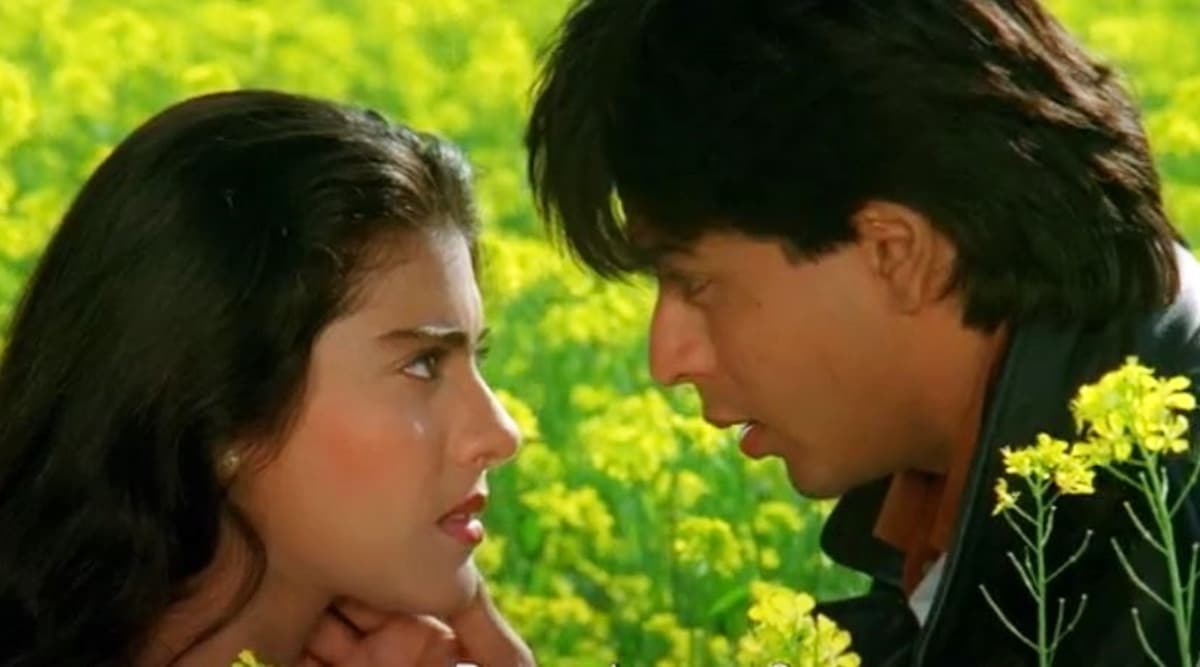

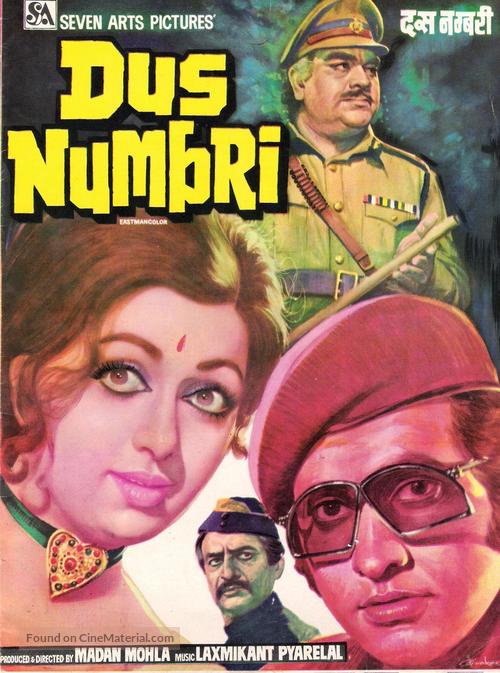
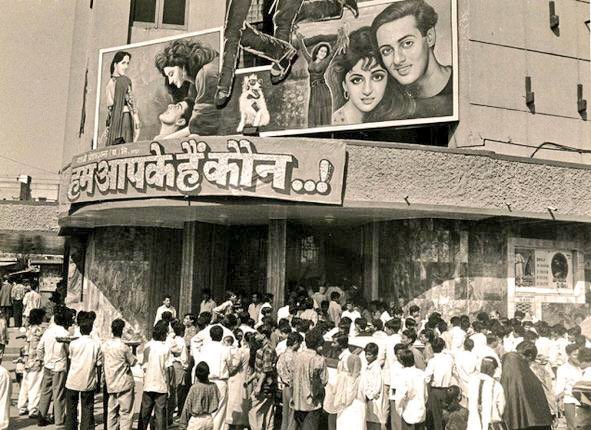
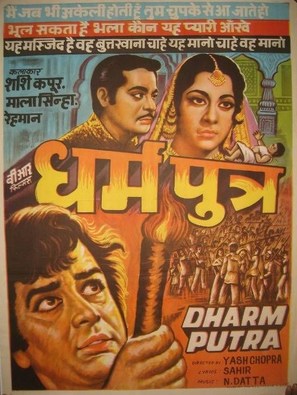
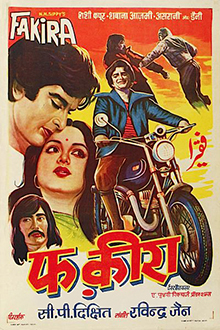
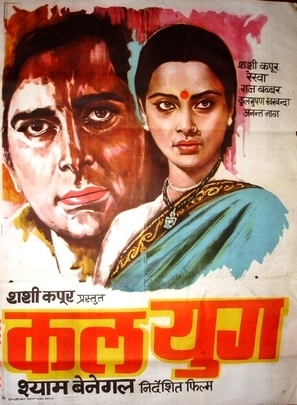


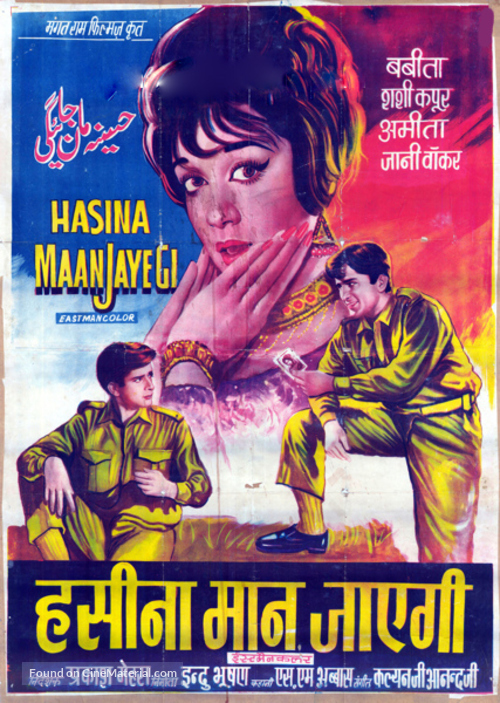



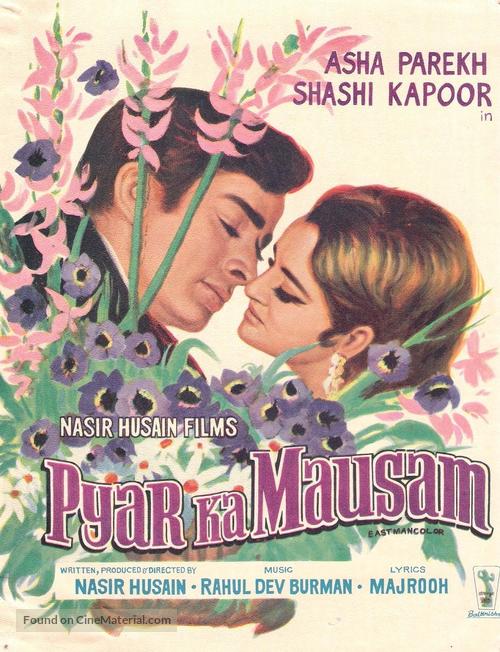
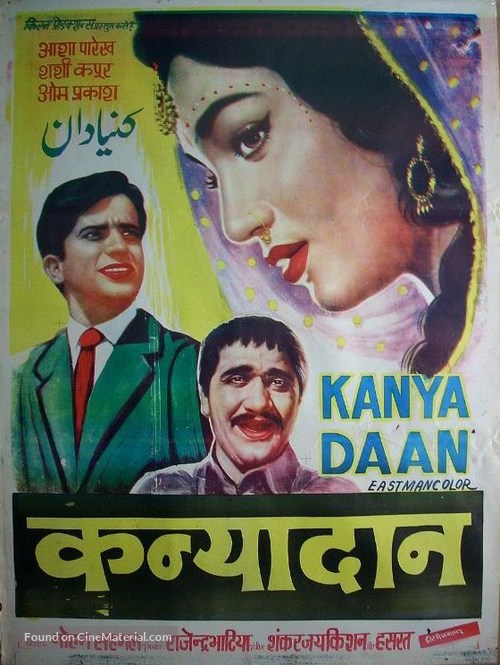

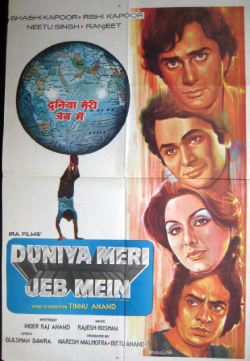

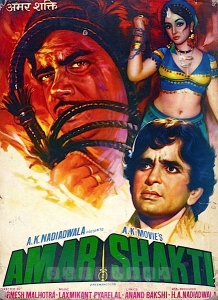
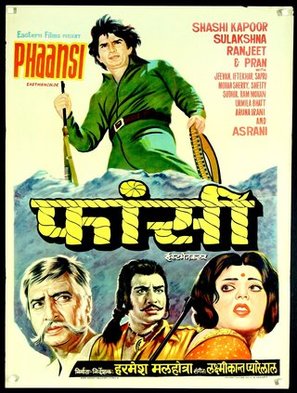





.jpg)

